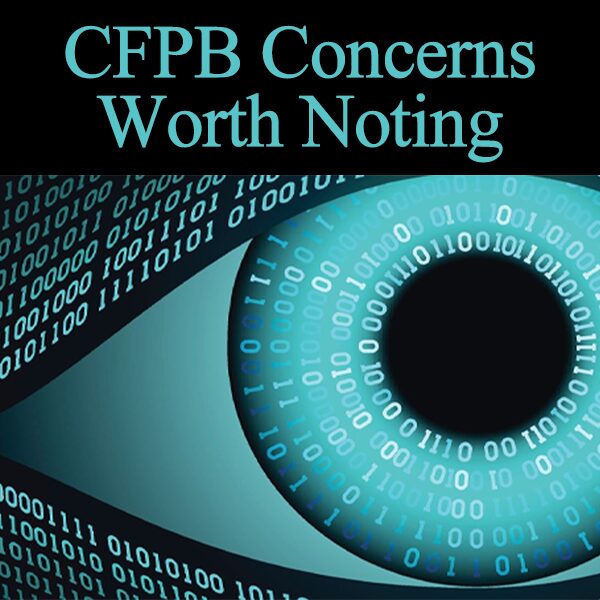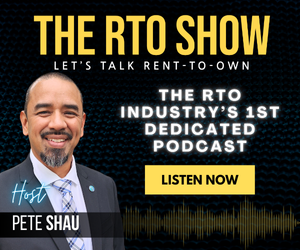Bureau Opines on Convenience Fees, Studies Buy Now/Pay Later Business
The Consumer Financial Protection Bureau (CFPB) continues to spend your tax dollars issuing assorted regulations, proclamations, advisory opinions, and studies in an effort to make the marketplace – from the Bureau’s perspective – safer, fairer, and more transparent for consumers.
As you are likely aware, the CFPB’s jurisdiction does not include the rent-to-own transaction. This is because RTO industry leaders back in 2010 were able to explain to Congressional policymakers that: 1) rent-to-own transactions are not “credit” or “financing,” and are fundamentally different from the kinds of finance products and services already regulated at the federal level; and 2) RTO transactions are already well-regulated at the state level, and so did not need to be under the jurisdiction of the CFPB. There have been sporadic efforts since then to amend the Dodd-Frank Act to include rent-to-own, but those efforts have gone nowhere.
But recently, the Bureau has acted in two areas that may be of peripheral interest to rental dealers. This past summer, the CFPB published an Advisory Opinion relating to the Federal Fair Debt Collection Practices Act (FDCPA). The CFPB condemned, among other things, “convenience fees” charged by debt-collection agencies, which the CFPB identifies as part of a larger “pay to pay” issue. Many RTO dealers charge nominal convenience fees when customers make payments by phone; they may do this for many reasons, not the least of which is that credit-card companies charge a higher fee for “card not present” transactions, because of, naturally enough, the higher risk of loss in such transactions. It is not exactly retirement money rental dealers are collecting: Indiana – the only state to regulate the amount of convenience fees in rent-to-own transactions – recently raised the permitted fee from $2 to $3.
In its advisory opinion, the CFPB states that debt-collection agencies – those groups covered by the FDCPA – cannot charge convenience fees unless those fees were specifically authorized in the original contract between the consumer and the creditor or by state law. The Bureau labeled convenience fees and all other “pay to pay” fees as being overreaching and unfair.
In September, the CFPB published a study on the relatively new Buy Now/ Pay Later (BNPL) lending industry, and identified several areas of consumer-protection concern. (APRO sent an Alert to its members almost a year ago explaining how BNPL works.) The CFPB is concerned that consumer protections for these transactions are inconsistent and insufficient. Most are not covered by the Truth in Lending Act because of the four-month rule in that law. According to the Bureau, BNPL lenders may not be disclosing the cost of credit accurately under state RISA or other credit-disclosure laws. The CFPB is also concerned that some – probably many, perhaps most – BNPL lenders are harvesting data from consumer BNPL users, and are either developing shopping preferences and behavior profiles in-house or selling the information to third parties. The CFPB is further concerned consumers are sacrificing privacy, security, and autonomy when that happens.
Additionally, the Bureau is concerned that the ease of getting BNPL loans might encourage consumers to overextend themselves, because the current system allows consumers to take on several loans over a brief period of time from multiple lenders. BNPL lenders are not typically reporting payment data to credit reporting agencies, which means other lenders may not be aware of all of a consumer’s liabilities when making decisions about additional lending. This is of course one of the key differences between debt like BNPL and RTO transactions; with RTO, there is no “debt trap” because our customers have the right to terminate without penalty at any time.
While the CFPB is, for the moment, merely studying the BNPL industry, the message seems clear: Tighter regulation of BNPL transactions is on the horizon, some of which may hinder growth of the business.
If you want to learn more, you can read the Bureau’s report and study on your own:
https://files.consumerfinance.gov/f/ documents/cfpb_convenience-fees_advisory-opinion_2022-06.pdf
Ed Winn III serves as APRO General Counsel. For legal advice, members in good standing can email legal@rtohq.org.










